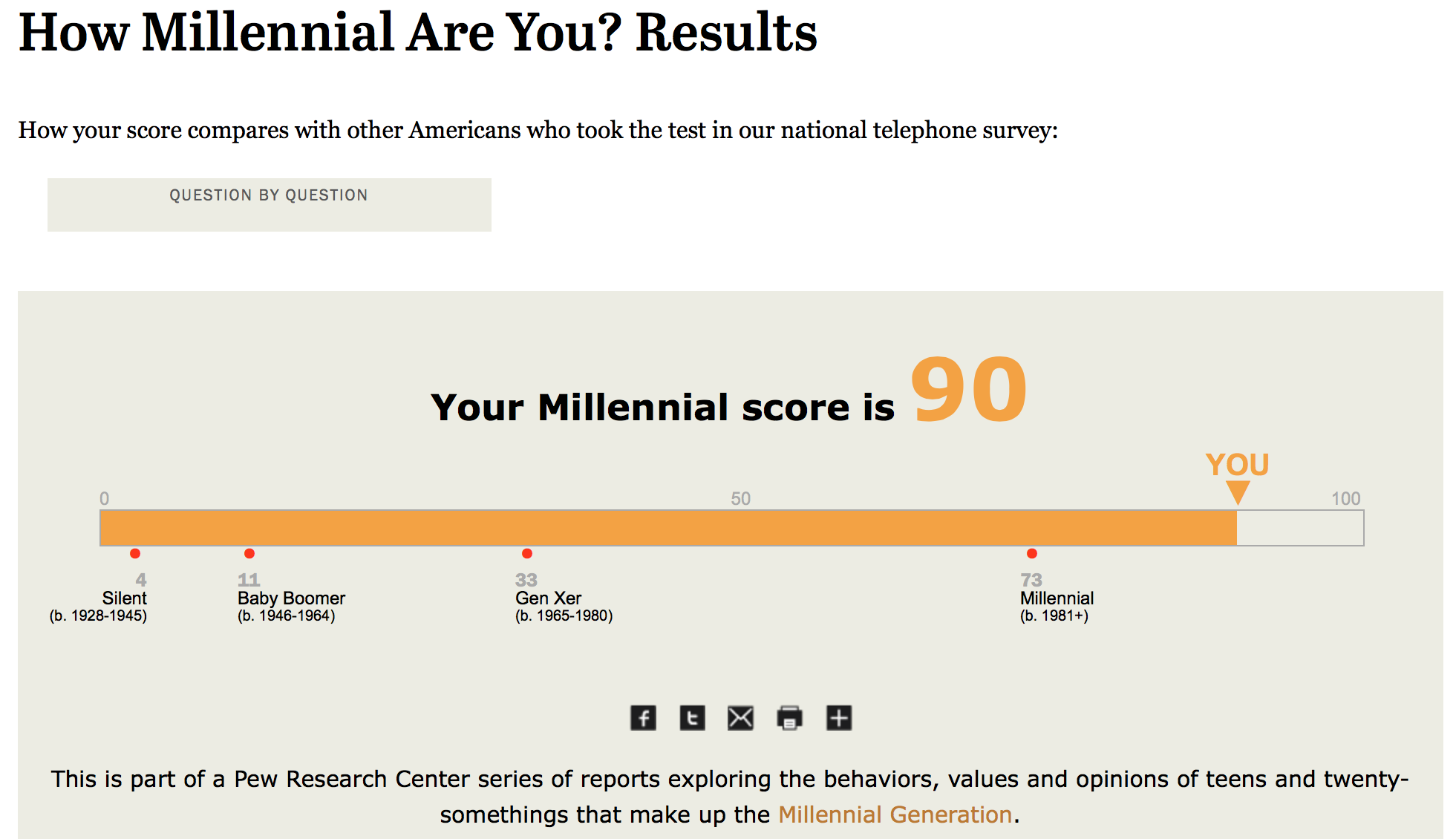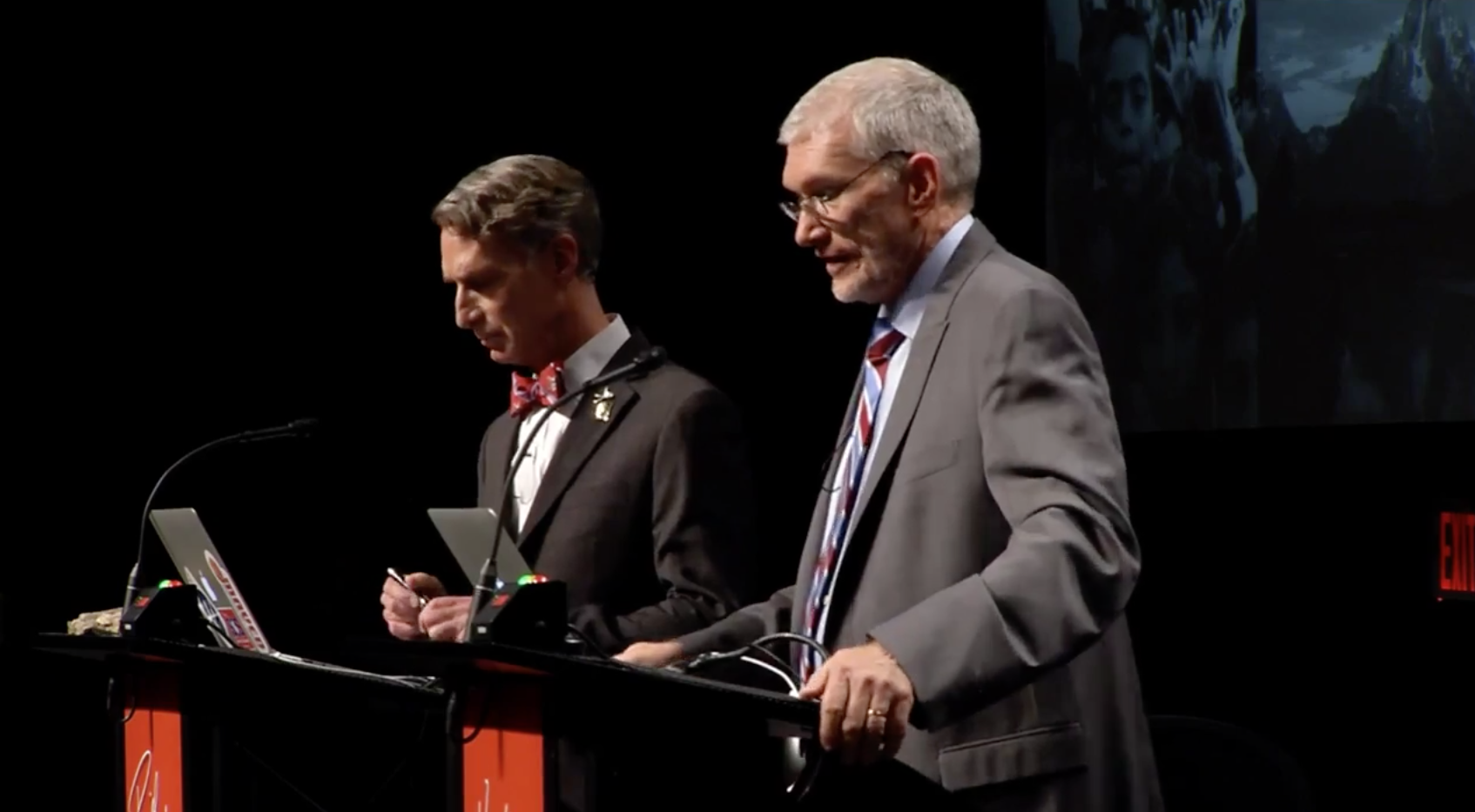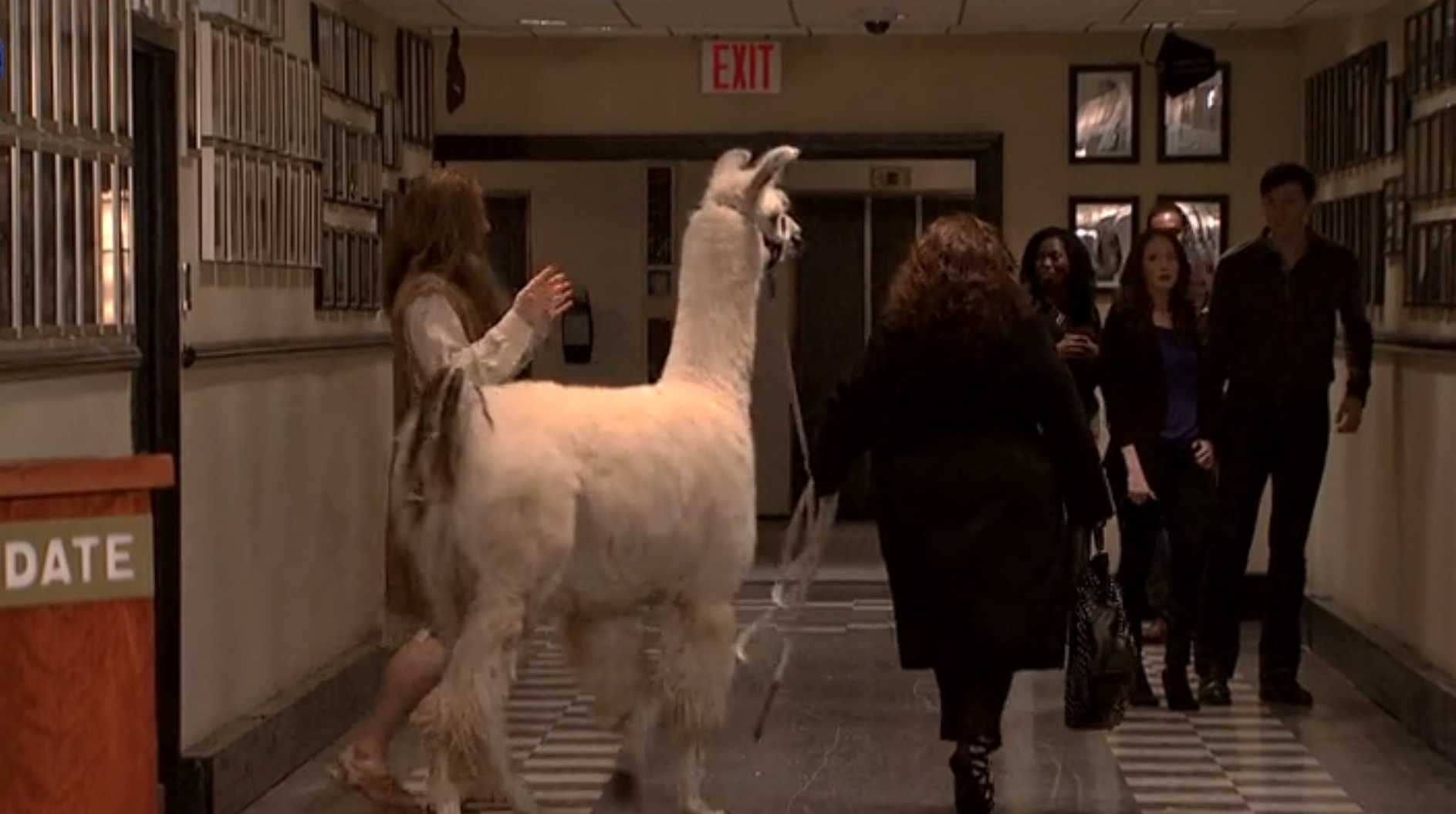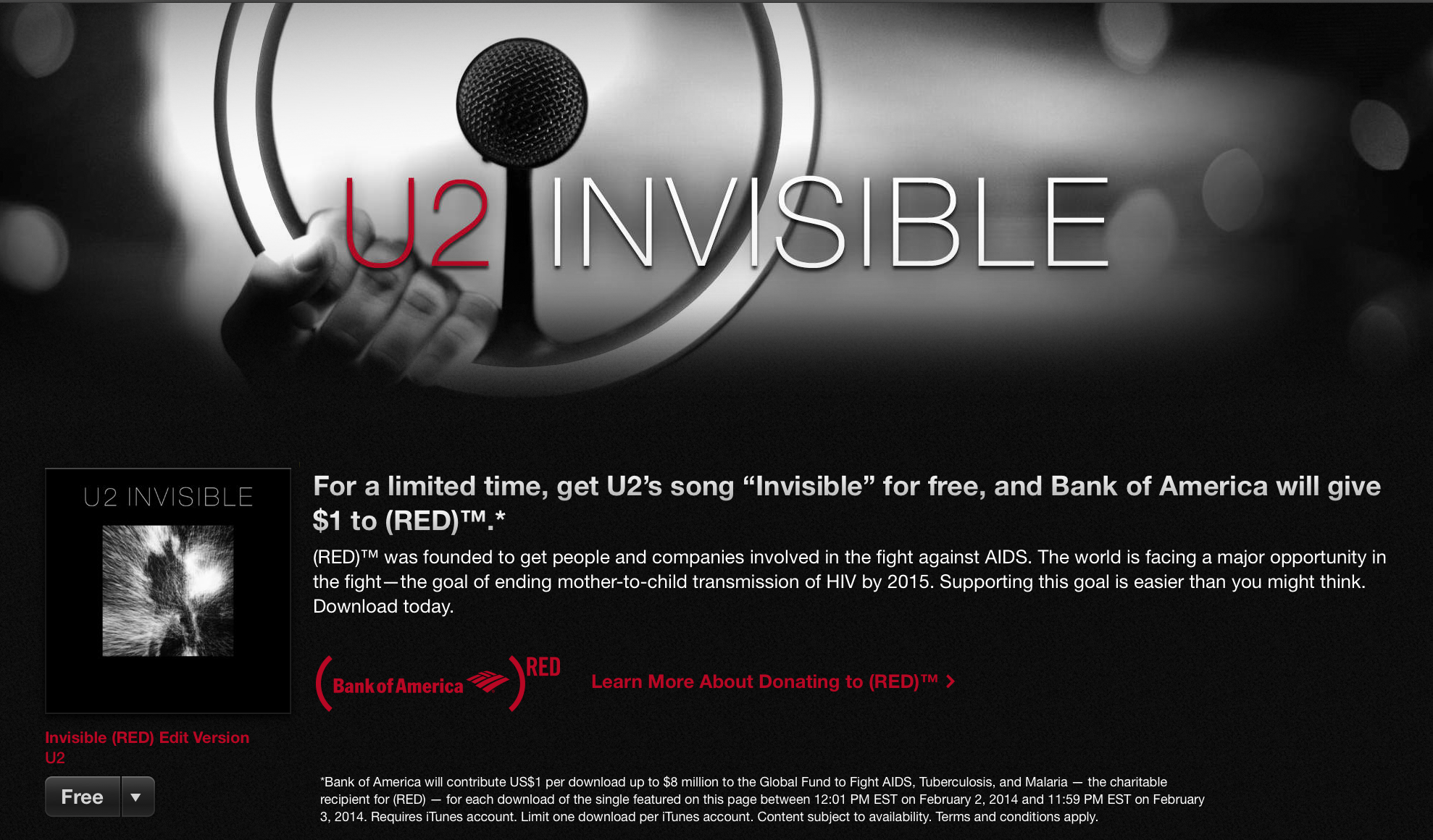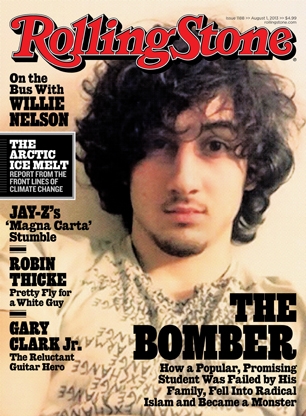I can’t express how much we enjoyed hosting Richard Abendroth, Andreas Hochmuth, and Jake Mas. The young men, all in their earlier twenties, motorcycled across the country, from Maryland to California. They left here yesterday heading up the coast, with an eventual destination of Seattle before traveling back East.
These are fine young men, whose comradery and energy inspire me. Jake’s description of the three huddled together under the rocks at La Jolla Cove watching the sun set over the Pacific for the first time was evocative. “Friends forever” is more than a cliché. It is a living vital force as demonstrated by the travelers’ familiarity and trust.

